detail profile carola h c3 b6hn
Peran Yang Di Mainkan Carola Höhn
 Two men want to escape from...
Two men want to escape from...Night Crossing 1982
Two men want to escape from East Germany (under Communist rule) but they will only go if they can take their families with them. Based on a true story.
 Widower Paul always delayed talking to...
Widower Paul always delayed talking to...Herzblatt oder wie sag' ich's meiner Tochter? 1969
Widower Paul always delayed talking to his daughter about sex. But when workers on a nearby construction site are falling down their scaffold because 16 years old "Herzblatt" is tanning naked, he feels he has to take action. In the hope she'll learn herself what consequences the difference between boys and girls has, he tries to get her a boyfriend.
 Mommsen Gymnasium director Taft secretly places...
Mommsen Gymnasium director Taft secretly places...Pepe, der Paukerschreck 1969
Mommsen Gymnasium director Taft secretly places his nephew as a spy with the difficult class of Pepe Nietnagel. During the celebration for the 100th anniversary, a simulated fire forces the school to shut down for a week. The director's attempt to get a tough teacher assigned by the department of education results in the exact opposite because of Nietnagel's intervention.
 Aspiring singer Susanne takes over for...
Aspiring singer Susanne takes over for...Viktor und Viktoria 1957
Aspiring singer Susanne takes over for ham actor Viktor at a small cabaret in Berlin where he works a woman impersonator and per chance she's discovered by an agent, who thinks, that she really is a man. She becomes famous, but her situation becomes troublesome, when she falls in love with Robert.
 The film begins with the First...
The film begins with the First...Adolf Hitler - Ein Volk, ein Reich, ein Führer: Dokumente der Zeitgeschichte 1953
The film begins with the First World War and ends in 1945. Without exception, recordings from this period were used, which came from weekly news reports from different countries. Previously unpublished scenes about the private life of Adolf Hitler and Eva Braun were also shown for the first time. The film was originally built into a frame story. The Off Commentary begins with the words: "This film [...] is a document of delusion that on the way to power tore an entire people and a whole world into disaster. This film portrays the suffering of a generation that only ended five to twelve. " The film premiered in Cologne on November 20, 1953, but was immediately banned by Federal Interior Minister Gerhard Schröder in agreement with the interior ministers of the federal states of the Federal Republic of Germany.
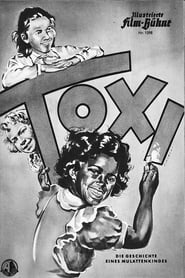 This German sliceoflife drama is based...
This German sliceoflife drama is based...Toxi 1952
This German slice-of-life drama is based on a very real postwar dilemma. At the time the film was made, there were over 3000 children living in Germany who'd been fathered by African American GIs. Referred to as "mischlings," these children were often treated as outcasts because of their illegitimacy and skin color. One such mischling is Toxi (played by herself), who is sent to live with her American father when her mother dies. At first, Toxi is welcomed with opened arms, but the father, who already has two children, has neither the time nor the money to care for the girl. Toxi is then bundled off to an orphanage, sparking a serious rift in her father's family. By concentrating on a highly fictionalized plotline, Toxi tends to ignore the thousands of other mischlings whose lives are far more complex and tragic than that of the film's central character.
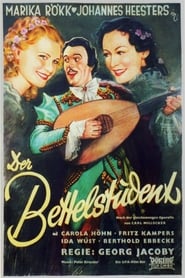 To take a revenge on countess...
To take a revenge on countess...The Beggar Student 1936
To take a revenge on countess Laura, who slapped him at his proposal, the Governor of the occupied Poland gets her fall in love with a poor student, and exposes him during wedding banquet.
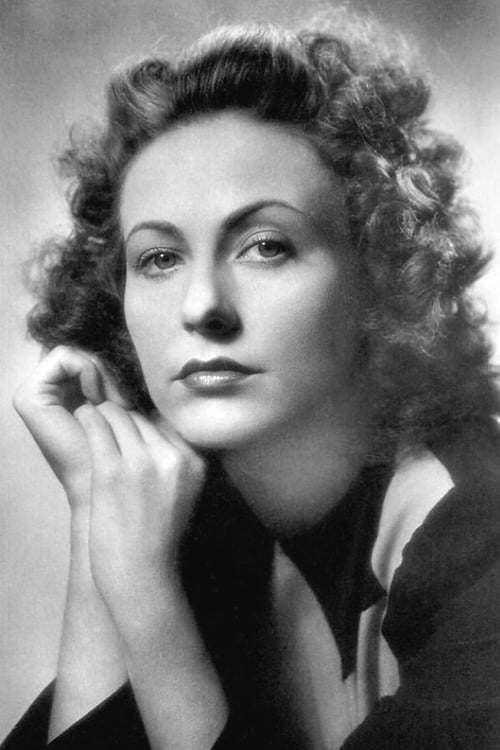

 Pepe Nietnagels father has a valuable...
Pepe Nietnagels father has a valuable... A new teacher Dr Dr Bach...
A new teacher Dr Dr Bach...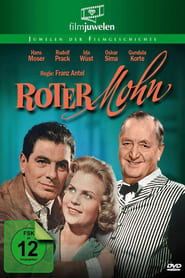
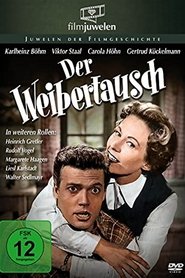


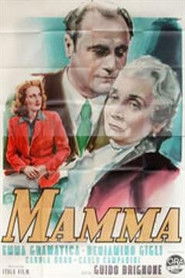
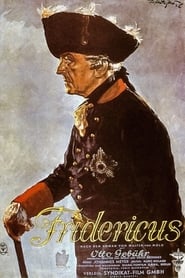 In 18th century Europe King Friedrich...
In 18th century Europe King Friedrich...
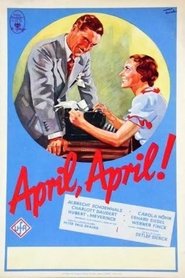 Businessman and shameless social climber Julius...
Businessman and shameless social climber Julius...